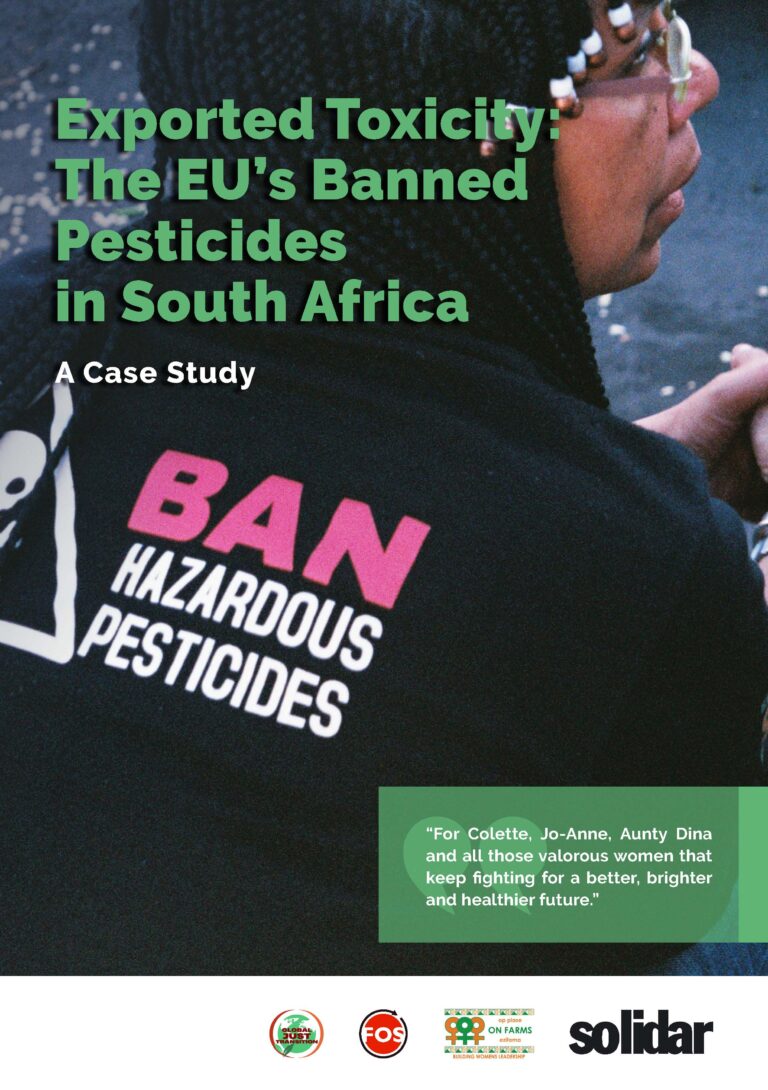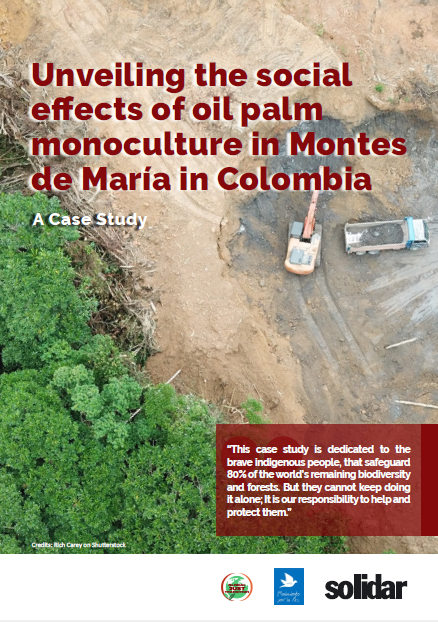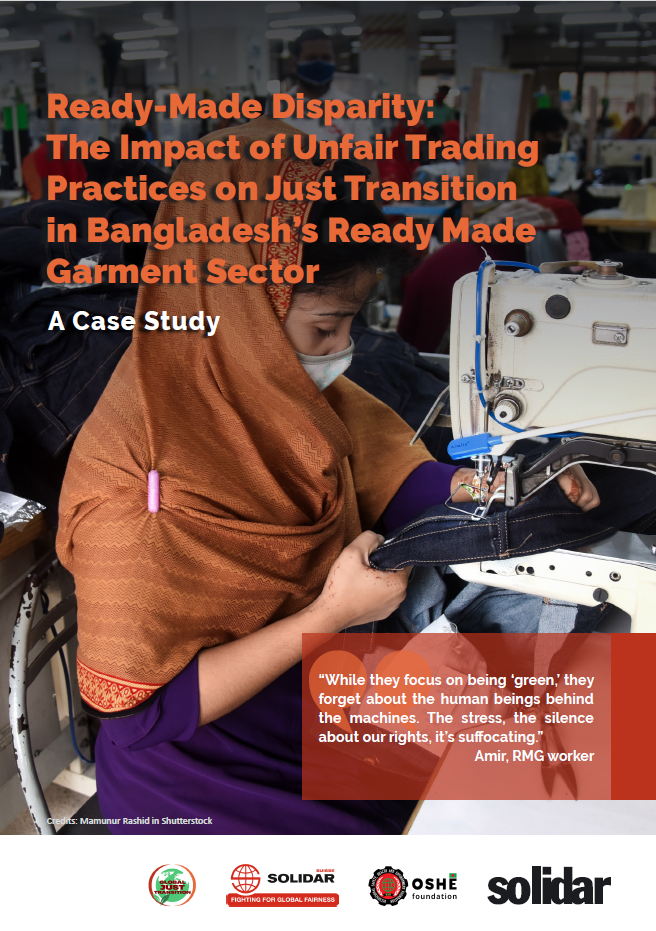Case Study | How Guatemala’s hydroelectric potential turned into a case of Unjust Transition
“This is a story of great pain. It disrupted the life of an entire community, causing death and irredeemable loss, leaving effects that are still felt to this day.”
C. Human Rights Defender
Hydroelectric power represents a viable alternative for an energy transition in Guatemala. Due to its geography and natural resources, Guatemala has the potential to produce hydroelectric energy in large quantities and for this reason the country has become a major exporter of electricity to Central America. Paradoxically, many areas still lack access to electricity, particularly indigenous territories and the most isolated areas of the country. This is due to the fact that the energy transition has followed a fundamentally unjust model, with the loss of access to rivers by the communities living in the areas of hydroelectric construction and exploitation, as well as the criminalization and persecution of community leaders who have objected to the projects. The energy transition in the country has been carried out without taking into account historical, social or environmental factors and without benefiting local communities.
This study summarises the case of the concession and attempt, by a European company, to establish a hydroelectric plant with no consideration for the local context, environmental vulnerabilities, nor the recent history of human rights violations in Guatemala. The failed attempt to establish this hydroelectric plant, left a divided society, with new reasons to grieve, such as the criminalisation and even murder of community members who refused to accept the imposition of a project contrary to the will of a community that expressed its wishes through a referendum, a right guaranteed by the commitments signed by the country.
This case study was carried out through SOLIDAR’s Member Movement for Peace, Disarmament and Liberty (MPDL), which has had a constant and active presence in Guatemala (as well as in other countries in the region) since 1996, after the signing of the Peace Accords, with the primary aim of achieving respect for human rights and promoting a culture of peace in the country. To this effect, MPDL prioritises its actions in democratic governance, focusing on the eradication of violence against women and the consolidation of peace as central axes of its development strategy.
This publication is part of the campaign “Global Just Transition: Not Just for (E)U“, which calls on the EU to promote a socially and environmentally just transition not only in the European Union but also worldwide. Within the framework of this campaign, we publish case studies from the Global South shedding a light on the harmful effects of the European Green Deal’s lack of an external dimension on partner countries in the upcoming months.







